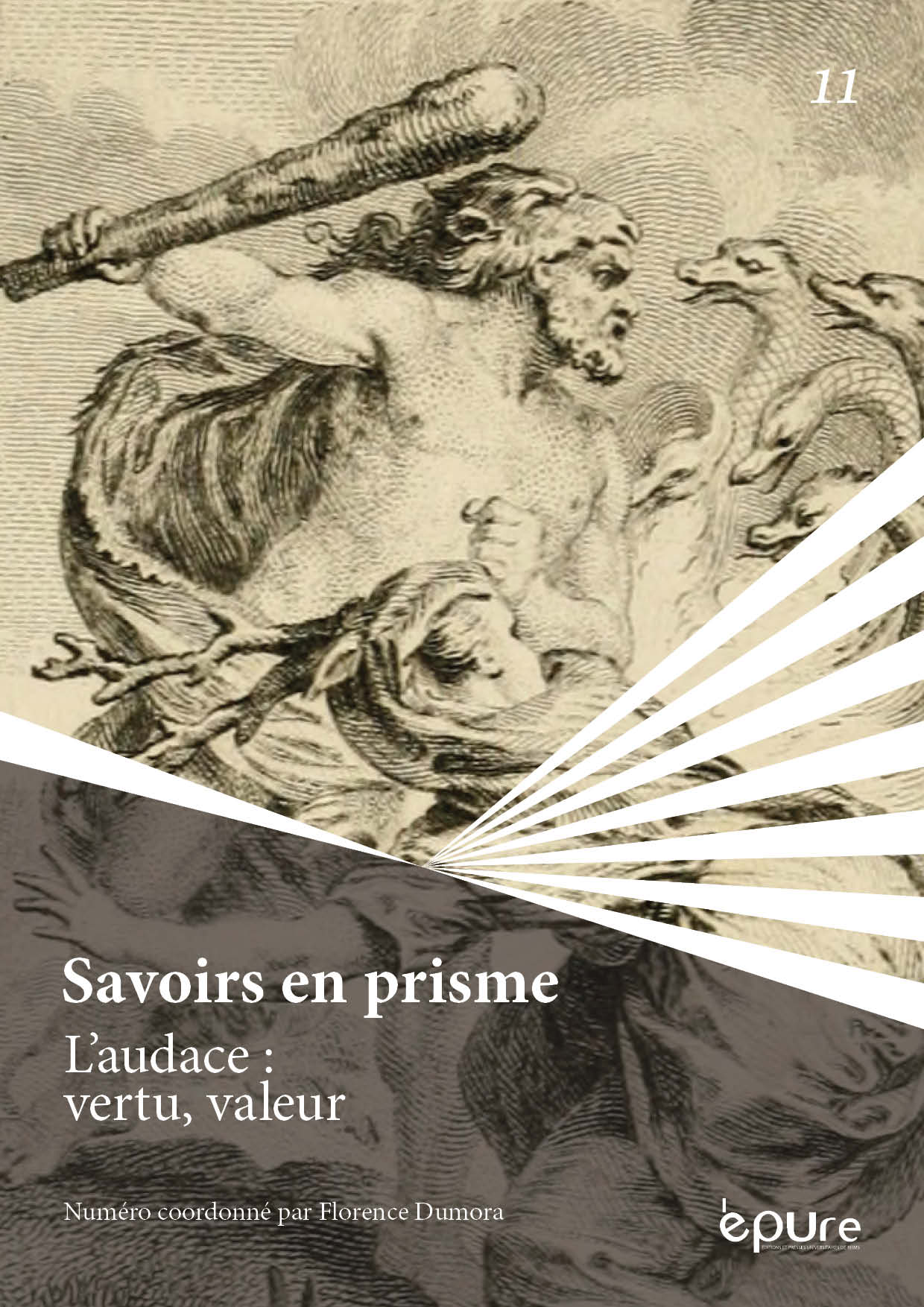L’ audace dans l’anthropologie humaniste espagnole
Abstract
In the anthropological thought of sixteenth-century Spain, which, in its movement to build individuality, seeks to link passions (or the way man reacts in the world) with the temperament of each individual (ingenio), audacity seems to play a particularly significant role. However, it does not seem to have a particularly prominent place in De anima et vita, where no chapter is specifically devoted to it and where it is only dealt with as a synonym for courage and treated within the framework of the chapters on love and fear. However, by ensuring that this passion is established as a hot passion and allows man to rise up against evil or to achieve a difficult good, Vives announces one of the most brilliant achievements of the Examination of Ingenios para las Ciencias de Huarte de San Juan. For it is indeed the audacity that characterizes the imaginative and capricious spirits of Huarte, the very ones who are capable, through the fury of the heat that animates their temperament, of rising above the common nature of men, inventing new sciences, new knowledge and thus opening new paths and new horizons to a humanity whose collective fulfilment now depends on these extraordinary and by nature daring individuals.
Copyright (c) 2019 Savoirs en prisme

This work is licensed under a Creative Commons Attribution-NonCommercial-ShareAlike 4.0 International License.


